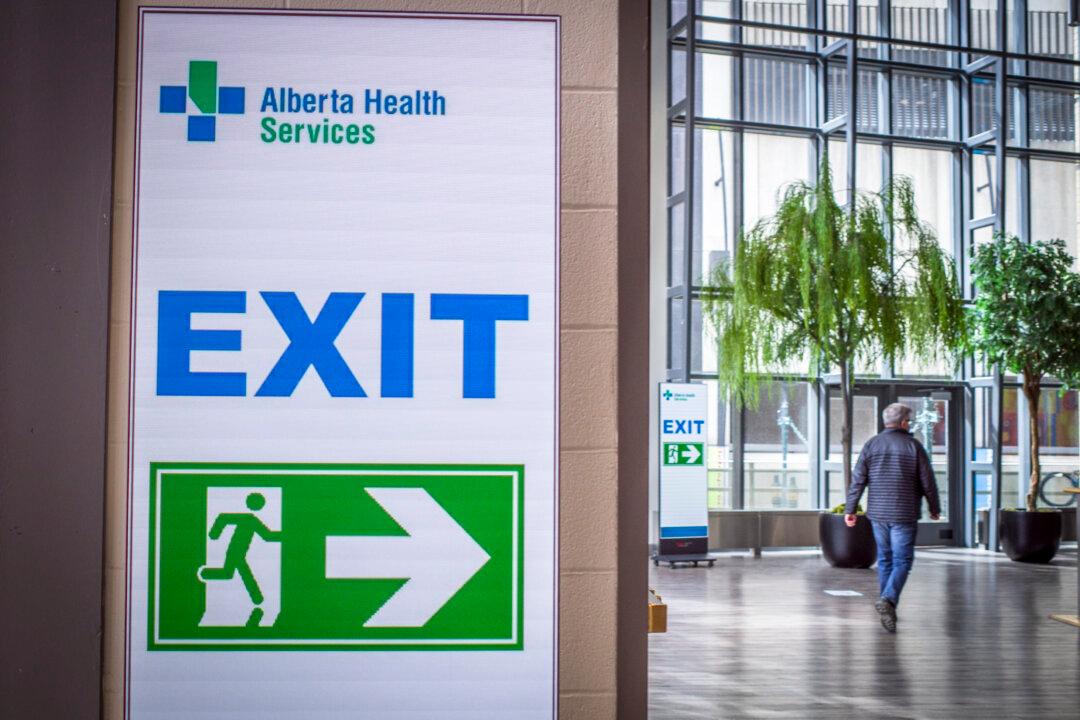A terminally ill woman is seeking a Supreme Court of Canada decision on the constitutionality of the COVID-19 vaccine requirement for receiving an organ transplant, says the Justice Centre for Constitutional Freedoms (JCCF).
Sheila Annette Lewis, who is not vaccinated for COVID-19, filed a leave to appeal application this week against Alberta Health Services (AHS) and six doctors who reportedly removed her from an organ transplant list on which she had high-priority status.





